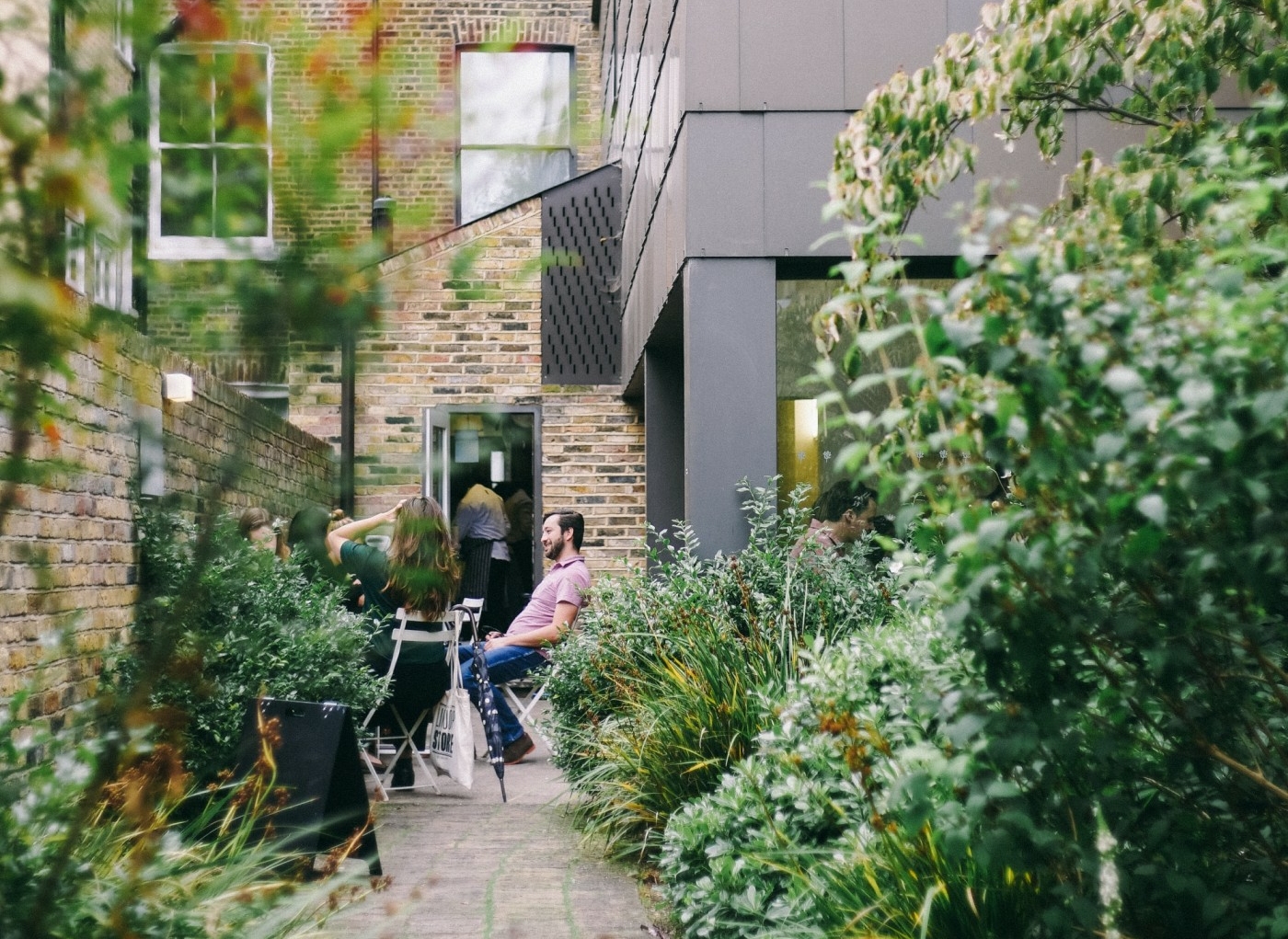At a glance
To kickstart their resident engagement strategy, and in advance of publication of the social housing white paper, Peabody commissioned research to challenge commonly held views about what resident engagement entails and discover how language and engaging with residents in a more ‘human’, less ‘corporate’ manner can change the conversation.
About the client
Founded in 1862, Peabody Group is one of the UK’s largest housing trusts, owning and managing more than 66,000 homes across London and the South East. They strive to do things in a way that adds the most value for their residents and communities. The Peabody mission to deliver services right first time and create positive change in their community is underpinned by a desire to listen to, and know, their customers.
Challenges and objectives
The impact of Covid has caused many housing providers to re-evaluate how they engage with their customers. Peabody wanted to refresh their resident engagement strategy, aligned to their new corporate priorities, and shaped by residents and their experiences of resident engagement. They wanted to understand resident involvement in its current form, identifying what works well and should be retained and what could be improved in the future. Starting with challenging the belief that most residents just want to be left alone.
When asking whether residents want to be involved, Peabody wanted to try a light-touch approach, instead of a hard-hitting question that elicited a polarised yes/no response. It was important for them to understand the opportunities and barriers for engagement and how this could be shaped to increase opportunities for residents in the future.

“It was really important that our new strategy was reflective of our residents’ views and takes their perspectives into account. The starting point was to understand how to develop the strategy. Research was the keystone of the strategy development and this runs through everything we do to engage with residents at Peabody. The sampling ensured reliable representation of Peabody’s population and optimised the opportunity for all voices to be heard.”
Matthew Weekes,
Head of Customer Engagement and Resident Involvement, Peabody
Solution
Peabody wanted a more meaningful and nuanced approach, using online and telephone research to discover how residents felt about engagement, involvement and how best to have their voice heard.
The question set was completely unique in resident engagement research. Peabody phrased the questions in a relatable way that resonated with Peabody’s customers, while using everyday language. For example, ‘I would like the opportunity to influence what happens to communal land near my home’ allowed residents to imagine themselves as part of the solution, rather than a more corporate question such as ‘I want to be involved in shaping services and strategies’.
The research was representative of Peabody’s diverse customer base and included key groups at risk of being systematically excluded from involvement, such as working households, people with a disability and people who do not speak English as a first language. This enhanced level of sampling provided assurance that all voices are able to contribute to the new resident engagement strategy.

Impact
Peabody is using the feedback to shape their resident engagement strategy now, with further consultation taking place with internal stakeholders and customers. Peabody learned:
- Leaseholders have almost 50% less awareness of opportunities to engage with Peabody.
- A “you said, we did” communication style is fundamental to show residents that you are listening to their feedback and doing something about the issues they raise.
- There are high levels of interest in engagement across all demographics, but you must first understand how residents want to engage and what that looks like in real terms.
- Residents want quick, short, easy opportunities to engage.
- Peabody concluded that residents do want to have a voice, make decisions, and have a choice. What they don’t want are traditional levels of engagement with compulsory coffee mornings, and endless meetings with rules.
“Simply put, it worked! Kate and Luke supported us every step of the way and gave us loads of insightful guidance to ensure the success of the project. They gave us so much research expertise and the level of insight we got in the final reports truly reflects the quality of support we got throughout the project.”
Matthew Weekes,
Head of Customer Engagement and Resident Involvement, Peabody




